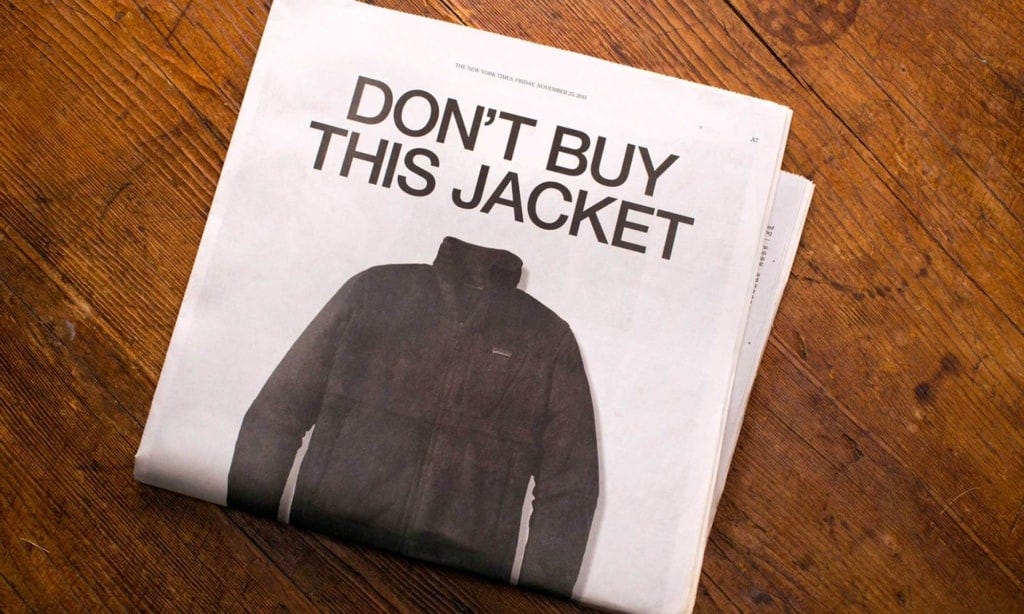

Discover more from Oxymoron
I've written before about how one of my objectives when we founded Wholegrain Digital 15 years ago was to see if we could run a truly sustainable business. While we've achieved a lot and pushed some boundaries, I can't help but feel further away from that initial goal now than when we started. It's the classic case that the more we know, the more we realise we don't know. The further we travel, the further away the finish line looks.
As the ecological crisis intensifies, it's easy to be cynical about the attempts of businesses to make environmental improvements that never seem to go far enough. I know I'm not the only one who feels this way. I'm seeing an increasing amount of news and commentary criticising not just the traditionally polluting industries, but even the pioneering sustainability focussed brands like Ecover, Tesla and Patagonia. The fact that companies like these are trying to offer solutions seems to paradoxically make them easy targets to criticise as not being sustainable enough.

It seems that anything less than perfect is not good enough. But what does perfect even look like?
I can't help but think that we are benchmarking companies against a mirage. The tension I see in the environmental movement is that while we need to urgently transition to a sustainable economic model, any business operating in the present reality will inherently be imperfect. This makes it easy to pick holes in any company, no matter how hard they are trying to do the right thing. But shooting them down is more likely to slow than accelerate progress.
I'm not trying to say that we should pretend that everything is fine and paint over the cracks, but I do think that we'll make faster progress if we stop making perfection the enemy of good. If we’re going to transition to a sustainable economy, then we need to focus on the word transition. Sustainability is not a perfect state that we can reach overnight. It is a direction of travel.
Sustainability is a vector.
If we look at sustainability as a vector rather than a destination, then instead of criticising businesses for not living up to an idealistic view of perfection, we can measure success by their direction and rate of change. It would be great if lots of businesses had somehow cracked the magic code of sustainability, but in a world where that’s not the case, where we are today is arguably less important than whether we are moving in the right direction.
Looking at sustainable business as a vector allows us to have honest conversations about where we are now, where we need to go and how we can get there. We shouldn’t feel that admitting imperfection is a weakness but instead embrace it as a part of the process of improvement. Any progress is good progress and we need to be embracing every little drop of it that we can achieve. Let’s acknowledge the challenges we face, celebrate progress, and keep improving. We won’t arrive at a sustainable economy in one giant leap or one short sprint. Relentless forward progress is the name of the game.














Fantastic article Tom. I quoted extensively from it in my latest Sustainable Motorsport Roundup column because it speaks directly to a concern I have had whenever the topic of the sustainability of motorsport comes up. Well done and definitely food for thought.